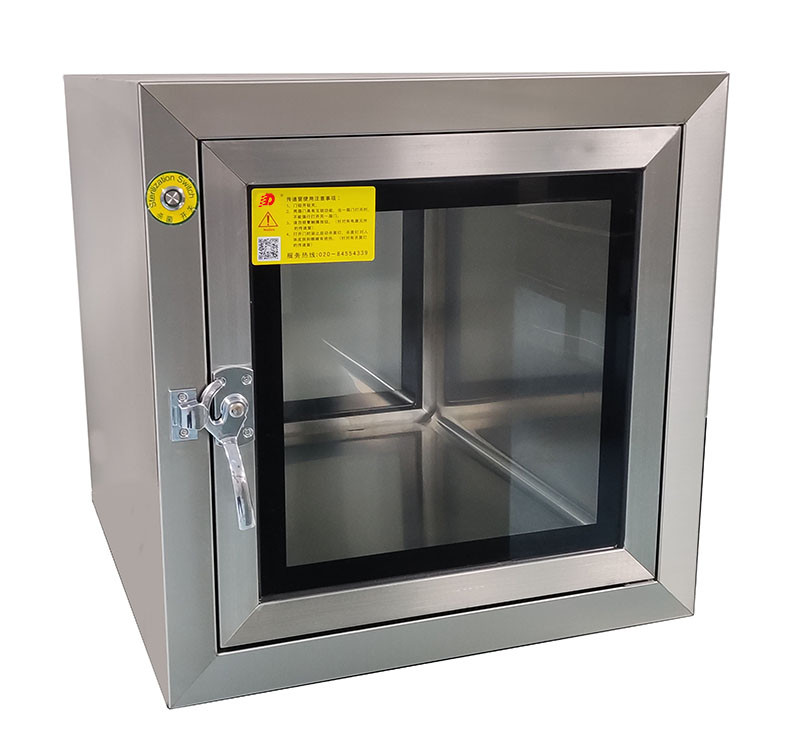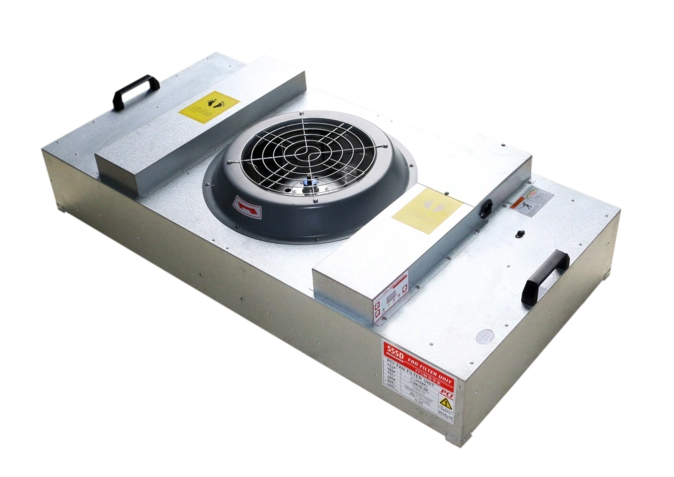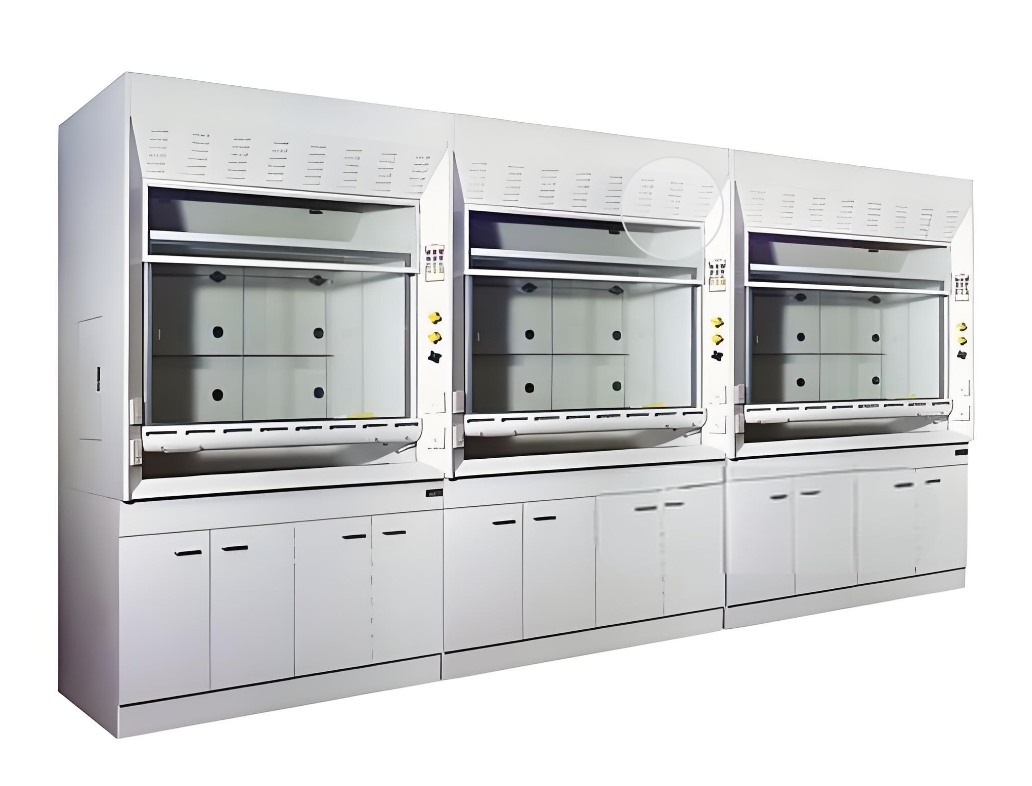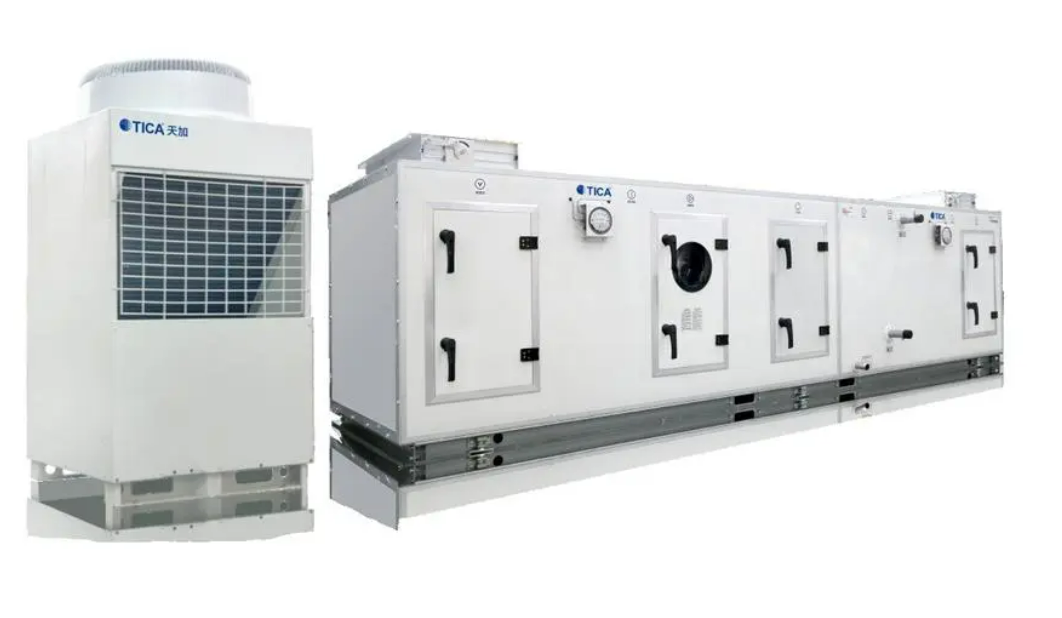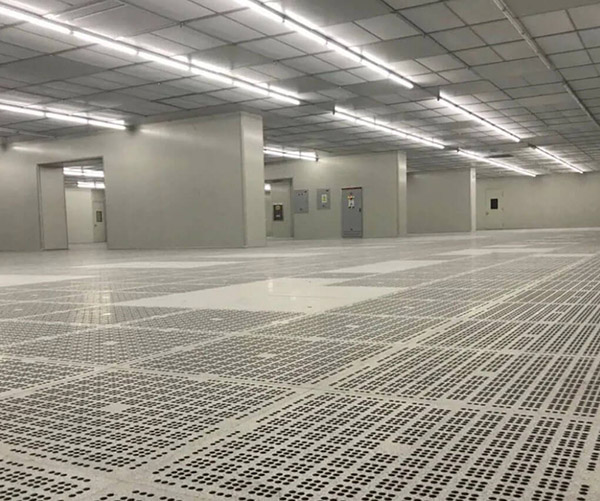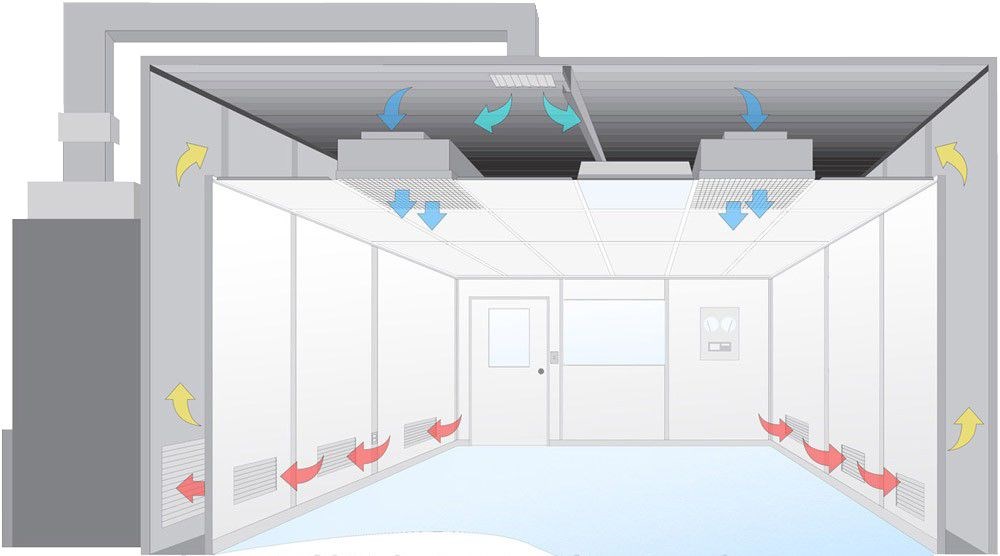hepa (High-Efficiency Particulate Air) filters are critical components in various industries, including healthcare, pharmaceuticals, and CleanRoom technology. They provide an essential barrier against airborne contaminants, ensuring a clean and safe environment. Understanding what hepa filters are made of is crucial for selecting the right filtration solution for your needs. This article explores the materials used in HEPA filters, their applications, airflow management, and considerations for creating your own filter.
What is HEPA Made Of?

HEPA filters are primarily composed of fine glass fibers, which are arranged in a dense, random pattern. This structure allows the filter to capture a wide range of particulate matter efficiently. The glass fibers are designed to trap particles down to 0.3 microns with an efficiency of at least 99.97%. In some cases, polyester or polypropylene fibers may be used, providing similar filtration properties. Some HEPA filters also include a support media made of metal or plastic to maintain their shape and structural integrity during operation. In addition to the main filtering materials, some HEPA filters feature an activated carbon layer, which helps remove odors and certain volatile organic compounds (VOCs). To ensure compliance with international standards such as EN 1822 and ASHRAE 52.2, HEPA filters must undergo rigorous testing. Understanding the composition of HEPA filters is essential for selecting the right type for specific applications, ensuring optimal performance and air quality.
HEPA Uses

HEPA filters are versatile and find applications across various sectors. Here are some of their primary uses:
1. Healthcare Facilities:HEPA filters are essential in hospitals and clinics to maintain sterile environments and reduce the risk of infection.
2. Pharmaceutical Manufacturing:In cleanrooms, HEPA filters help ensure that products are free from contaminants, meeting stringent regulatory standards.
3. Residential Air Purifiers:Many home air purifiers utilize HEPA filters to improve indoor air quality by removing allergens and pollutants.
HEPA Airflow Management

Effective airflow management is crucial in systems utilizing HEPA filters. Proper design ensures that air flows uniformly through the filter, maximizing its efficiency. In cleanroom environments, maintaining a specific airflow velocity helps prevent the buildup of contaminants. air changes per hour (ACH) are a key metric, indicating how many times the total volume of air in a room is replaced.
To optimize performance, HEPA filters should be integrated into a well-designed HVAC system, which includes pre-filters to capture larger particles and reduce the load on the HEPA filter itself. Regular maintenance, such as filter replacement and system checks, is essential to sustain airflow and filtration efficiency. In addition, pressure drops across the filter should be monitored to ensure that the system operates within acceptable limits, preventing potential bypass of unfiltered air.
Can I Make My Own HEPA Filter?

DIY HEPA Filter Feasibility
Creating a DIY HEPA filter can be challenging, as achieving the necessary specifications for efficiency and particle size retention requires precise materials and design.
Materials and Construction
To make a DIY HEPA filter, you'll need a high-EFFICIENCY filter material, like a HEPA filter replacement media, a sturdy frame to hold the filter in place, and sealing materials to prevent air bypass. While it is possible to assemble a basic HEPA-like filter using these materials, achieving the same filtration performance as commercial HEPA filters is difficult. Furthermore, without proper testing and certification to standards like EN 1822, it’s challenging to ensure that the filter effectively removes harmful particles.
Considerations
While DIY solutions can be innovative, relying on certified HEPA filters is recommended for critical applications, particularly where air quality is paramount.
What do HEPA Filters Not Remove?

While HEPA filters are highly effective, they have limitations in their filtration capabilities.
1. Gases and Vapors:HEPA filters do not remove gases or vapors, as they are designed to capture solid particulate matter.
2. Chemical Contaminants:Volatile organic compounds (VOCs) and other chemical pollutants require specialized filters, such as activated carbon or chemical scrubbers, for effective removal.
3. Large Particles:HEPA filters may struggle with very large particles, such as dust bunnies or larger debris, which can clog the filter and reduce airflow efficiency. For such cases, pre-filters are often used to capture these particles before they reach the HEPA filter.
Relevant standards, such as the U.S. EPA regulations and international guidelines, provide essential benchmarks for HEPA filter performance and application.
How Do I Choose the Right HEPA Filter?
Selecting the right HEPA filter is crucial for ensuring optimal air quality and system efficiency. Here are some key considerations:

Filter Efficiency:Look for filters that meet or exceed the HEPA standard, capturing at least 99.97% of particles down.
Size and Compatibility:Ensure that the HEPA filter fits the designated air handling unit or air purifier. Measure the dimensions of the filter housing accurately and check compatibility with your system's specifications.
Airflow Resistance:Consider the airflow resistance or pressure drop of the filter. A lower pressure drop will maintain better airflow through the system, while a higher resistance can decrease efficiency and increase energy costs. Look for filters that balance filtration efficiency with acceptable airflow rates.
Application Requirements:Identify the specific application for which you need the HEPA filter. For healthcare settings, consider filters designed for surgical rooms or isolation units. In industrial environments, look for filters that meet specific cleanliness classifications.
Maintenance and Replacement Schedule:Understand the maintenance requirements of the filter. Some filters need to be replaced regularly, while others may be washable and reusable. Check the manufacturer's recommendations for maintenance intervals to ensure continued performance.
Certifications and Standards:Choose filters that comply with relevant domestic and international standards, such as EN 1822, ASHRAE 52.2, or HEPA certification by organizations like the Institute of Environmental Sciences and Technology (IEST). These certifications validate the filter's efficiency and reliability.
Cost and Quality:While cost is a factor, prioritize quality and performance over price. Investing in a high-quality HEPA filter will provide better long-term benefits in terms of air quality and system efficiency.
Summary
Choosing the right HEPA filter involves a careful evaluation of efficiency, size, airflow resistance, application needs, maintenance, and certifications. By considering these factors, you can ensure optimal air quality in your environment, whether it's A CleanRoom, healthcare facility, or residential space. Investing in a certified HEPA filter not only enhances air cleanliness but also promotes health and safety for occupants.
 +86 18186671616
+86 18186671616 Jason@cleanroomequips.com
Jason@cleanroomequips.com
 MENU
MENU







